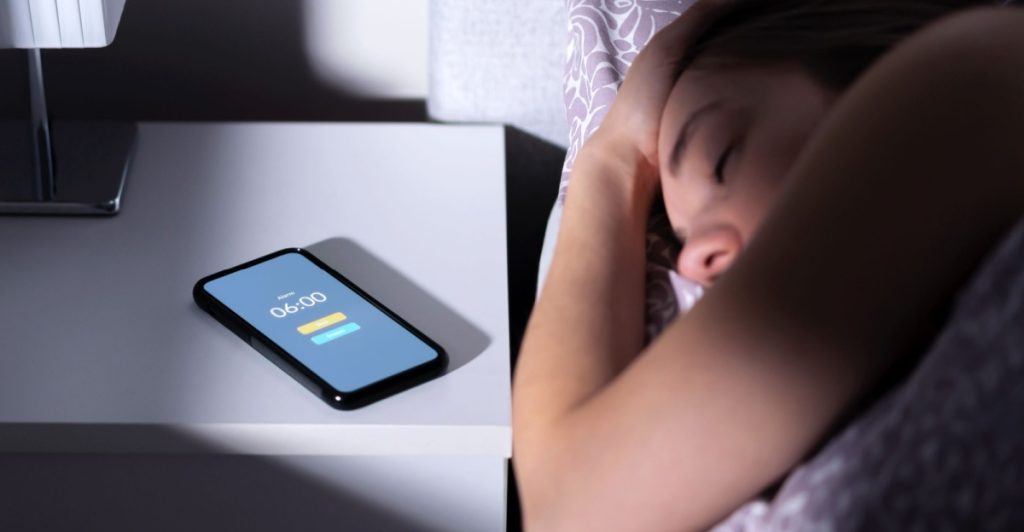Pressing the snooze button might feel like a small indulgence, but sleep scientists warn it could be doing more harm than good.
Others are reading now
Most people are familiar with the morning ritual: the alarm rings, and a finger instinctively finds the snooze button. That extra few minutes in bed seems harmless, maybe even helpful. But according to sleep scientist Rebecca Robbins, this common behavior may be undermining your rest in ways you don’t realize.
Interrupted cycles, diminished benefits
Robbins, a researcher at the Division of Sleep and Circadian Disorders at Brigham and Women’s Hospital, told CNN that snoozing the alarm can interrupt vital phases of rest.
That first alarm can interrupt critical stages of sleep, and whatever you get after pressing snooze is likely to be low-quality, fragmented sleep.
Rebecca Robbins, Brigham and Women’s Hospital
According to her study, those who hit snooze end up with about 11 extra minutes of sleep per morning — the equivalent of an additional night each month. But this gain is largely superficial. When those extra minutes cut into the REM (rapid eye movement) phase — typically concentrated in the latter half of the night — the benefits of sleep diminish rapidly.
Also read
REM sleep plays a central role in memory formation, cognitive function, and emotional regulation. Losing it regularly can have long-term impacts on mental sharpness and mood.
Not all experts agree — but caution is advised
Despite Robbins’ warning, there’s no clear consensus among researchers. Some argue that lighter sleep during snooze cycles might help night owls ease into wakefulness without jarring transitions. For others, the problem lies in consistently missing deeper rest.
In an ideal world, we wouldn’t rely on alarm clocks at all.
Rebecca Robbins
She recommends syncing your wake-up time with natural daylight. Keeping your blinds open or using a sunrise alarm clock can help align your body’s internal clock with the outside world — making waking up smoother and potentially more restorative.


